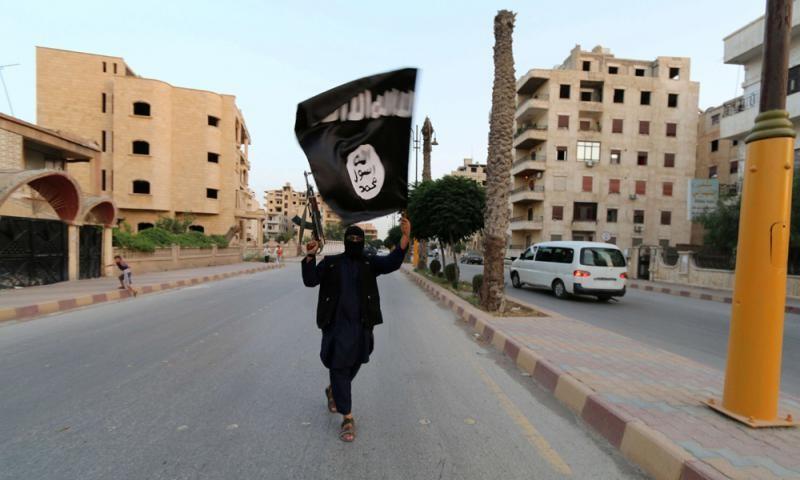
Islamic State Chief in Iraq and Syria Killed
The leader of the Islamic State (ISIS) in Iraq and Syria, Abdullah Maki Musleh al-Rifai, also known as Abu Khadija, has been killed, according to Iraqi Prime Minister Mohammed Shia al-Sudani. The news comes as a significant blow to the terrorist group, which has been responsible for countless attacks and atrocities in the region.
Al-Sudani made the announcement on Friday, stating that Iraqi security forces, in coordination with the US-led coalition fighting ISIS, were responsible for Khadija’s death. The Iraqi Prime Minister described Khadija as “considered one of the most dangerous terrorists in Iraq and the world.”
The killing of Khadija is a significant development in the ongoing fight against ISIS, which has been a major threat to regional stability and security. The terrorist group was formed in 2006 and quickly gained notoriety for its brutal tactics, including beheadings, mass killings, and the use of child soldiers.
ISIS gained widespread international attention in 2014, when it seized large swaths of territory in Iraq and Syria and declared the establishment of a caliphate. The group’s leader at the time, Abu Bakr al-Baghdadi, was a charismatic figure who attracted thousands of foreign fighters to the cause.
However, the tide began to turn against ISIS in 2017, when Iraqi forces, backed by a US-led coalition, launched a major offensive to retake Mosul, the group’s stronghold in Iraq. The city was eventually recaptured, and many of ISIS’s top leaders were killed or captured.
Despite being driven from its strongholds, ISIS has continued to carry out attacks and maintain a presence in the region. The group has also been responsible for a number of high-profile attacks in recent years, including a 2019 attack on a military base in Iraq that killed over 30 people.
The killing of Khadija is seen as a significant blow to ISIS’s leadership and a major victory for Iraqi and coalition forces. The terrorist group’s leadership has been decimated in recent years, with many of its top leaders killed or captured.
The news of Khadija’s death comes at a time when Iraq is facing a number of challenges, including the ongoing conflict with the Kurdistan Workers’ Party (PKK) and the threat from other terrorist groups, including ISIS’s rival, the Islamic State in the Greater Sahara (ISGS).
Despite these challenges, the Iraqi government is committed to defeating ISIS and ensuring the security and stability of the country. The killing of Khadija is a significant step in this direction, and it is likely to be seen as a major victory for Iraqi and coalition forces.
In conclusion, the killing of ISIS leader Abdullah Maki Musleh al-Rifai, also known as Abu Khadija, is a significant development in the ongoing fight against the terrorist group. The news is a major blow to ISIS’s leadership and a significant victory for Iraqi and coalition forces.
Source:






